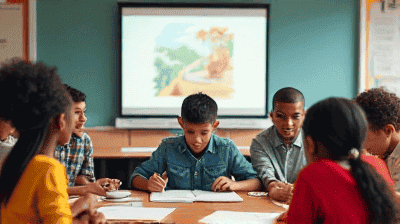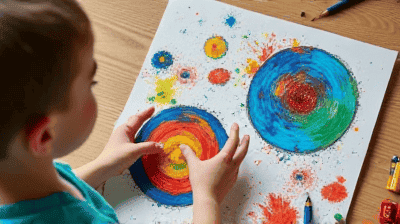Cultural Awareness in Primary Education: Teaching Diversity Through Stories and Activities
In an increasingly interconnected world, fostering cultural awareness in primary education has become more important than ever. Early engagement with diverse cultures helps children develop empathy, understanding, and respect for people from various backgrounds. One of the most effective ways to teach cultural diversity is through stories and activities that celebrate different cultures. This article explores the significance of cultural awareness in primary education, the role of storytelling and activitie











